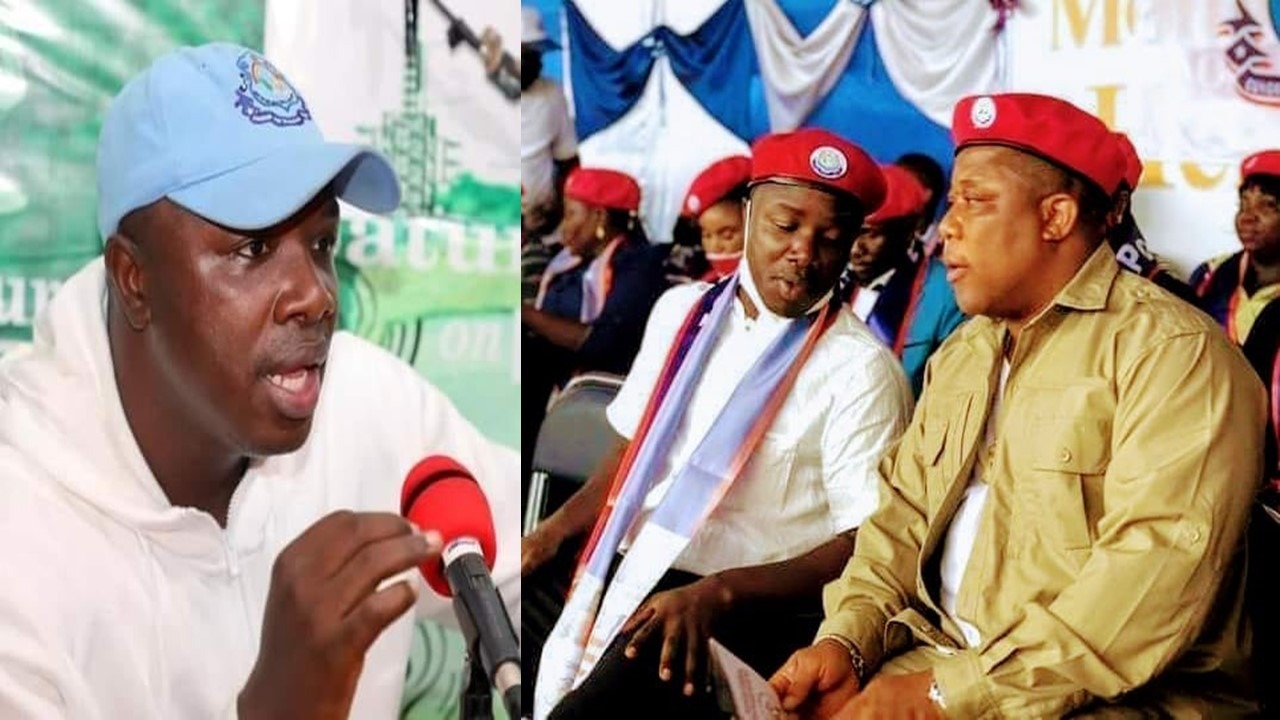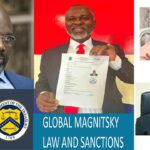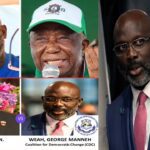In a significant development that has sent shockwaves through Liberia’s political landscape, ruling party officials from the Coalition for Democratic Change (CDC), including Jefferson Tamba Koijee and Mulbah K. Morlu Jr., find themselves under scrutiny by the U.S. Embassy. The embassy has publicly expressed concerns over actions perceived as “undermining democracy,” raising the specter of potential sanctions against these prominent political figures.
Jefferson Tamba Koijee, serving as the National Secretary General for the CDC, and Mulbah K. Morlu Jr., the party’s Chairman, have been singled out in a statement from the U.S. Embassy in Monrovia. The embassy’s declaration highlights alleged actions that, if confirmed, could contravene democratic principles and jeopardize the stability of Liberia’s political environment.
The embassy’s statement does not specify the exact nature of the actions deemed problematic, but it emphasizes the importance of upholding democratic values and respecting the rule of law. The move by the U.S. Embassy underscores the gravity of the situation and the potential consequences for those implicated in activities contrary to democratic norms.
These developments come at a crucial juncture for Liberia, as the nation prepares for upcoming run-off election. The international community, particularly the United States, plays a vital role in supporting democratic processes and promoting stability in the region. The concerns raised by the U.S. Embassy suggest a growing unease over the state of democracy in Liberia and the actions of key political figures.
Jefferson Tamba Koijee and Mulbah K. Morlu Jr., both influential within the CDC, have yet to respond publicly to the embassy’s statement. Their reactions, when presented, will likely shape the narrative surrounding the allegations and provide insight into the political dynamics at play.
The prospect of U.S. sanctions adds another layer of complexity to Liberia’s political landscape. Sanctions could have far-reaching implications for the individuals involved, the CDC as a party, and Liberia as a whole. The country’s political stability, economic prospects, and international standing could be significantly impacted if sanctions are imposed.
As Liberia awaits further developments, the attention is squarely on the response of Jefferson Tamba Koijee, Mulbah K. Morlu Jr., and the CDC leadership. The government’s reaction will also be crucial in determining how Liberia navigates this challenging situation. The allegations of undermining democracy, if substantiated, could shape the discourse leading up to the elections and influence the decisions of voters and the international community.
In the days and weeks to come, Liberia will grapple with the implications of these allegations and the potential fallout for key political figures. The overarching question remains: can the nation address these concerns and reaffirm its commitment to democratic values, or will it face the consequences of actions deemed detrimental to the democratic process?




